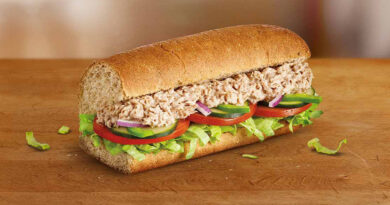Another McDonald’s Faces Lawsuit over Hot Coffee Incident
In a déjà vu moment, McDonald’s faces yet another legal battle, this time stemming from a San Francisco location, over allegations of serving excessively hot coffee. The plaintiff, Mable Childress, accuses the fast-food giant of negligence, claiming an improperly secured lid led to “severe burns” as the coffee spilled on her.
Filed recently, the lawsuit details the distress and physical pains suffered by the elderly Childress, attributing her injuries significantly to the alleged negligence of the restaurant. Contrary to Childress’ claims, the fast-food behemoth asserts that immediate assistance was offered upon learning of the incident.
Peter Ou, the franchisee owner, emphasized the stringent food safety protocols in place, including comprehensive training for the crew on securing lids on hot beverages, in a statement to CNN. He affirmed the company’s commitment to reviewing the legal claim meticulously.
This incident mirrors a landmark case from decades ago, where McDonald’s faced a lawsuit over a coffee spill that resulted in third-degree burns for a woman. This case spotlighted the issue of serving temperatures, with McDonald’s coffee found to be “30 to 40 degrees hotter” compared to other companies, as per the American Museum of Tort Law. After a dramatic legal saga, the initial award of nearly $3 million was settled for around $480,000 post-appeal.
Further illuminating the corporate giant’s tryst with hot food incidents, a case earlier this year saw a Florida family being awarded $800,000. The lawsuit centered around a toddler suffering burns from hot chicken nuggets, with the franchise owner, Upchurch Foods, found liable for not providing adequate warnings or instructions.
McDonald’s, referring to the incident as “unfortunate”, expressed disagreement with the verdict, highlighting their lack of control over the injuries and damages.
These recurrent incidents underscore the ongoing debates around consumer safety, corporate responsibility, and the adequacy of warnings and instructions provided by fast-food chains. They spotlight the importance of stringent safety protocols and raise questions about whether companies are doing enough to prevent such mishaps. As this case unfolds, it will be closely watched by legal experts, corporations, and consumers alike, potentially shaping future practices in the fast-food industry.




